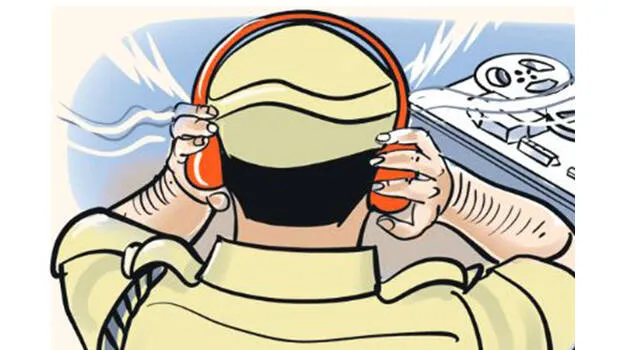

THIRUVANANTHAPURAM: The police have asked the government that Vigilance should not be allowed to tap phones to investigate corruption or catch bribe-takers. Currently, Vigilance taps phones with the help of the Crime Branch, which has proven effective. However, the Supreme Court has ruled that phone tapping is permissible only in emergencies, such as security threats, law and order issues, or drug-related crimes. Vigilance does not deal with such emergencies.
The police leadership conveyed their stance to the Home Department, and the government is expected to deny Vigilance's request for permission. Vigilance Director Yogesh Gupta had approached the government for direct phone-tapping rights, citing rising corruption cases and practices in other states. However, when the government sought the police's opinion, they clarified that phone tapping is primarily done by police, intelligence, and Crime Branch units for criminal investigations and national security. Vigilance currently relies on the Crime Branch for tapping phones but has complained about information leaks.
The police expressed concerns that granting Vigilance independent phone-tapping rights could lead to misuse. They recommended continuing the current system where Vigilance applies through the Crime Branch. Only senior officers from DIG to DGP in charge of law and order can tap phones without prior government approval for seven days. An application must be submitted within three days, and the Home Secretary can authorise tapping for up to two months. After gathering evidence, unused documents must be destroyed within six months.
Central agencies like CBI, ED, the Central Board of Direct Taxes, and DRI already have phone-tapping authority and are assisting Vigilance in investigations. Under new criminal laws, digital evidence is considered primary evidence.